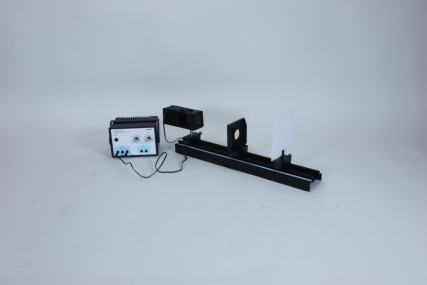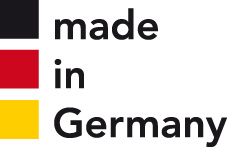setTimeout(function(){
window.print();
},500)

Technical data Determining the magnification of a concave lensArticle no: P1068500  Principle The theoretical derivation of the equation for the magnification dose not normally cause problems. It is therefore advisable to employ the experiment as a confirmation experiment. Then the students will have sufficient orientation as to the goal of the experiment from the very beginning. As a consequence, after having experimentally determined the 4 values, they will know that it is important to calculate the two ratios B/G and b/g and to compare them. Benefits
Tasks How can the size of images formed by lenses be calculated? Determine which correlations exist between the object distance g, the image distance b, the object size G and the image size B for images formed by a convex lens. Scope of delivery
| ||||||||||||||||||||||||
PHYWE Systeme GmbH & Co. KG
Robert-Bosch-Breite 10 – 37079 Göttingen – Germany
www.phywe.com
Robert-Bosch-Breite 10 – 37079 Göttingen – Germany
www.phywe.com

